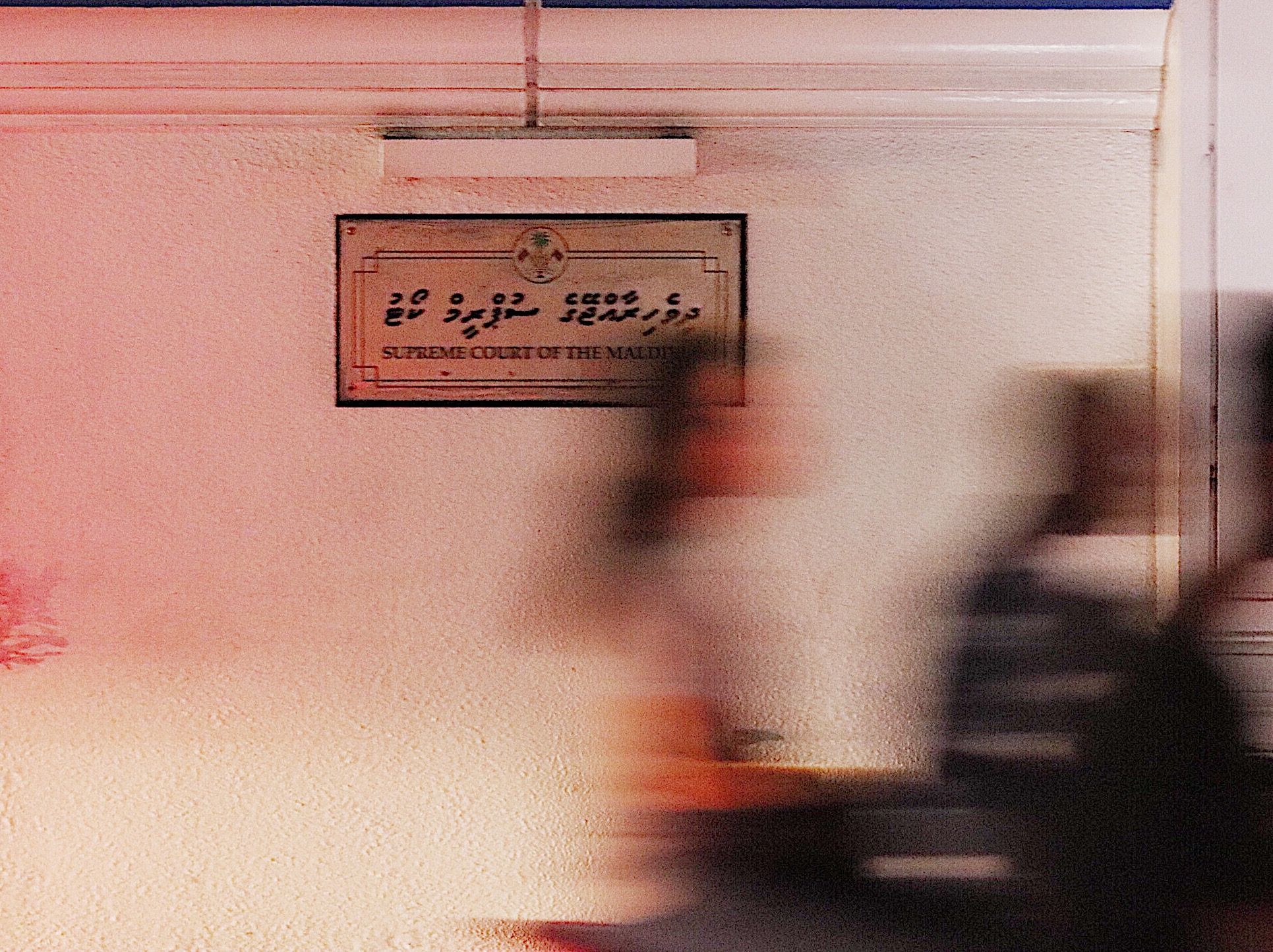Maldives Supreme Court to handpick judges for orders
New rules on criminal trials came into effect on Wednesday.

08 Aug 2018, 09:00
The Maldives Supreme Court can handpick which judges can issue orders, according to a new regulation that came into effect Wednesday.
New rules on criminal trials were published Tuesday, more than a year after the criminal procedures law was implemented.
The law gave three months for the top court and the Prosecutor General’s Office to enact new regulations. The PG’s Office published the regulations within this period, but the Supreme Court did not despite concerns from lawyers.
Under the new rules lawyers who are late to court without a reasonable excuse can be barred for three to six months, and a defendant who fails to appear or is late to court will be fined MVR250 (US$16.22).
Become a member
Get full access to our archive and personalise your experience.
Already a member?
Discussion
No comments yet. Be the first to share your thoughts!
No comments yet. Be the first to join the conversation!
Join the Conversation
Sign in to share your thoughts under an alias and take part in the discussion. Independent journalism thrives on open, respectful debate — your voice matters.




